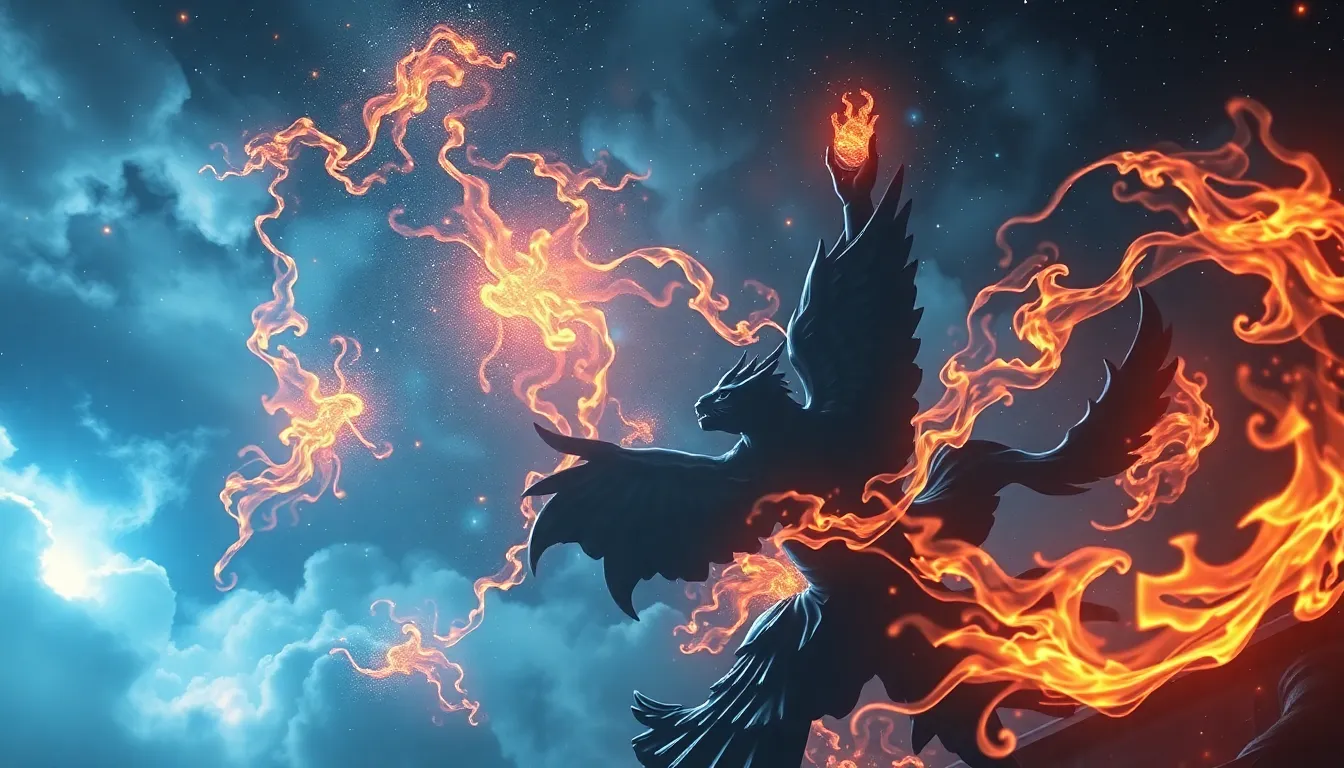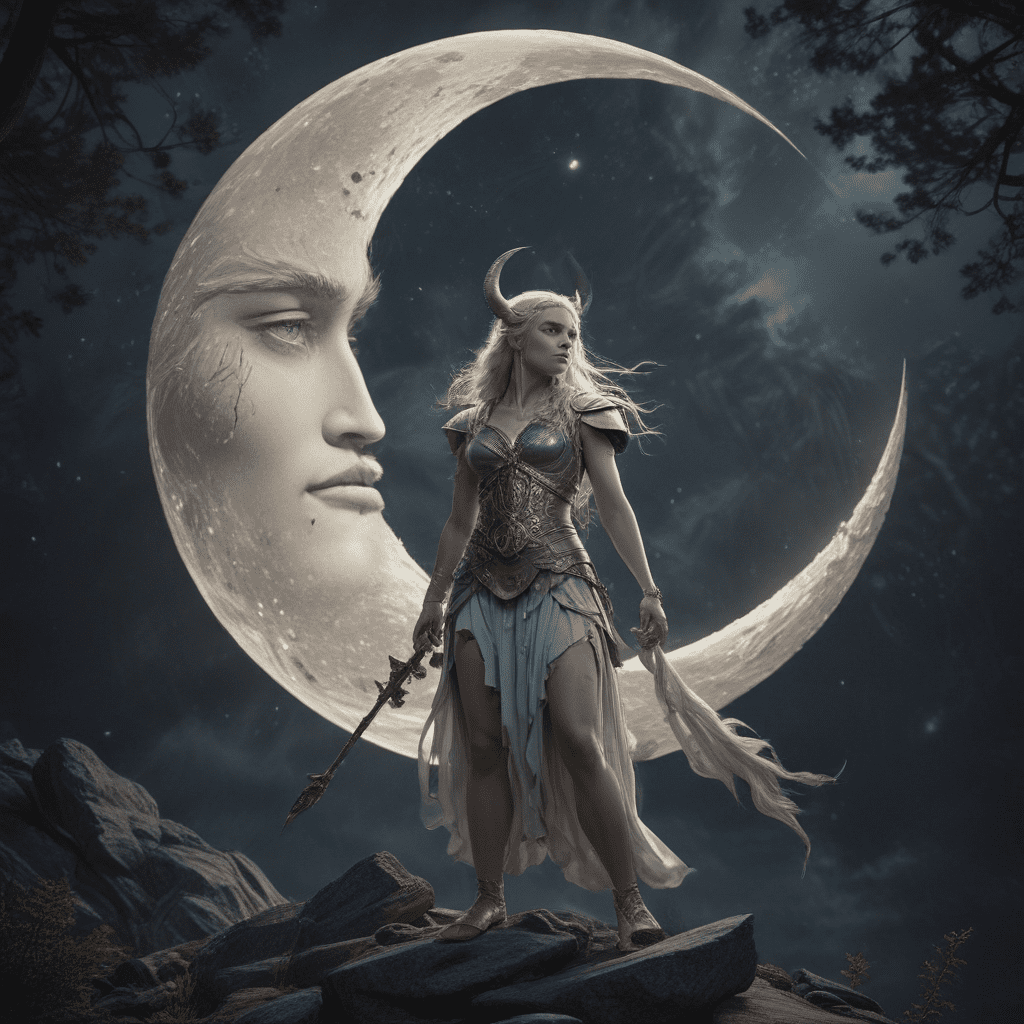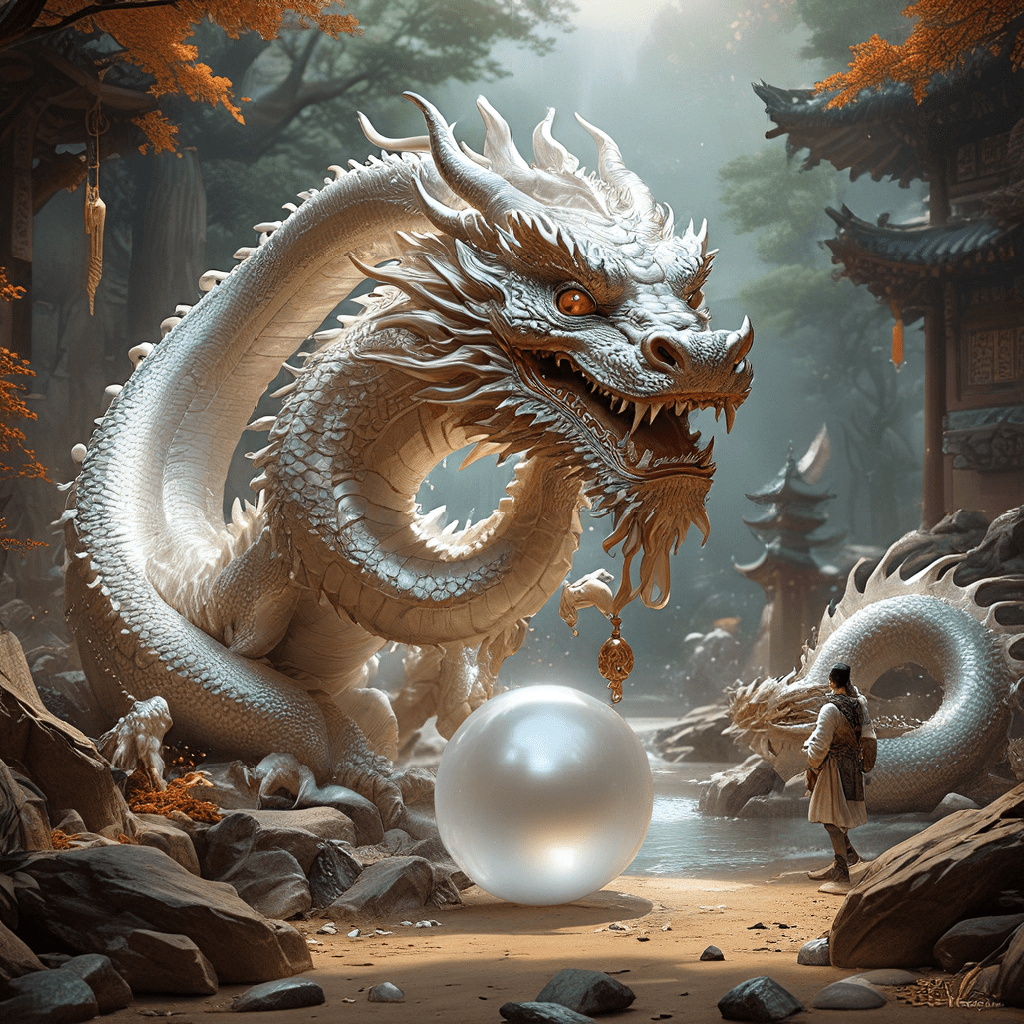The Stories Behind the Myths: Cultural Heroes Unveiled
I. Introduction to Cultural Myths and Heroes
Cultural myths are traditional stories that embody the beliefs, values, and practices of a society. They often serve to explain natural phenomena, cultural customs, or historical events. Heroes, central figures in these myths, play a crucial role in cultural storytelling, embodying the ideals and aspirations of their people.
This article aims to explore the intricate relationships between cultural myths and heroes. We will delve into the roles these myths play in society, examine common archetypes of cultural heroes, and discuss their origins and transformations over time. Furthermore, we will analyze regional heroes and the impact of female representation in mythology, culminating in a discussion on the contemporary interpretations of these timeless narratives.
II. The Role of Myths in Society
Myths serve several critical functions in various cultures:
- Understanding the human experience: Myths provide explanations for life’s mysteries, such as creation, death, and the afterlife.
- Shaping moral values: They often illustrate ethical dilemmas, teaching lessons about right and wrong.
- Establishing social norms: Myths reinforce societal expectations and behaviors, guiding individuals in their interactions with others.
- Psychological impact: Engaging with mythological narratives can foster a sense of belonging and identity within a community.
III. Common Archetypes of Cultural Heroes
The concept of the hero is universal, with many cultures depicting similar archetypes. One popular framework for understanding these figures is the Hero’s Journey, a narrative pattern identified by Joseph Campbell. This journey typically includes stages such as:
- The Call to Adventure
- The Mentor’s Guidance
- The Trials and Challenges
- The Return Home
Common types of heroes include:
- The Warrior: A fighter who faces challenges directly (e.g., Hercules)
- The Mentor: A wise figure who guides the hero (e.g., Merlin)
- The Rebel: An individual who challenges the status quo (e.g., Robin Hood)
These archetypes manifest in various cultural narratives, illustrating the shared human experience across different societies.
IV. The Origins of Prominent Cultural Heroes
The creation of hero myths often arises from historical contexts. While some heroes are purely legendary, others blur the lines between myth and history. A notable example is the epic of Gilgamesh, a historical king of Uruk in ancient Mesopotamia. His story reflects themes of friendship, mortality, and the search for meaning, encapsulating the cultural values of his time.
The blending of legend and history allows societies to construct narratives that resonate with their cultural identity while also drawing from real events and figures.
V. Transformations Over Time: Myths in Adaptation
Cultural heroes are not static; they evolve alongside societal changes. The adaptation of myths is influenced by various factors, such as:
- Technological advancements: The rise of modern media has facilitated the reinterpretation and retelling of traditional myths.
- Shifts in societal values: Changing perspectives on issues like gender and race prompt new interpretations of classic heroes.
Examples of such transformations can be seen in literature and film, where ancient heroes are reimagined for contemporary audiences, allowing for fresh insights into their narratives.
VI. Regional Heroes and Their Unique Stories
Heroes vary greatly across cultures, with each region boasting its own unique narratives. For example:
- North America: Indigenous heroes like Hiawatha symbolize unity and peace.
- Africa: Figures such as Anansi the Spider illustrate wisdom and cunning.
- Asia: Heroes like Sun Wukong from Chinese mythology embody strength and resilience.
These regional heroes reflect the values and beliefs of their respective cultures, with indigenous heroes often serving as vital symbols of cultural identity.
VII. The Feminine Hero: Shifting Perspectives
Female heroes have long played significant roles in mythology, although their representation has evolved. In many cultures, women have been depicted as nurturing figures or moral guides. However, contemporary narratives increasingly highlight strong, independent female heroes. Examples include:
- Mulan: A warrior who defies gender norms to protect her family.
- Athena: The Greek goddess of wisdom and warfare, symbolizing intelligence and strategic prowess.
- Kali: A powerful goddess from Hindu mythology, representing destruction and rebirth.
This shift reflects broader societal changes, allowing for a more nuanced understanding of female strength and heroism.
VIII. The Impact of Cultural Heroes on National Identity
Cultural heroes often play a pivotal role in shaping national identity. They contribute to a sense of belonging and unity, especially during times of crisis. For instance:
- George Washington: As a founding father of the United States, he symbolizes freedom and leadership.
- Nelson Mandela: A figure of resilience and forgiveness, representing the struggle against apartheid in South Africa.
These heroes not only inspire national pride but also serve as rallying points for historical movements and revolutions.
IX. Contemporary Interpretations of Mythical Heroes
The resurgence of interest in mythology within popular culture has led to new interpretations of mythical heroes. Modern narratives often reimagine traditional figures to address contemporary issues, such as:
- Gender equality
- Environmental concerns
- Social justice
Social media also plays a significant role in reshaping hero stories, allowing for diverse voices and perspectives to emerge and challenge traditional narratives.
X. Conclusion: The Enduring Legacy of Cultural Heroes
In summary, cultural heroes embody the values and beliefs of their societies, serving as powerful symbols of identity and aspiration. The insights from this article highlight the importance of preserving mythological narratives as they continue to influence contemporary culture. As we navigate an ever-changing world, the relevance of cultural heroes endures, reminding us of our shared humanity and the stories that connect us all.



